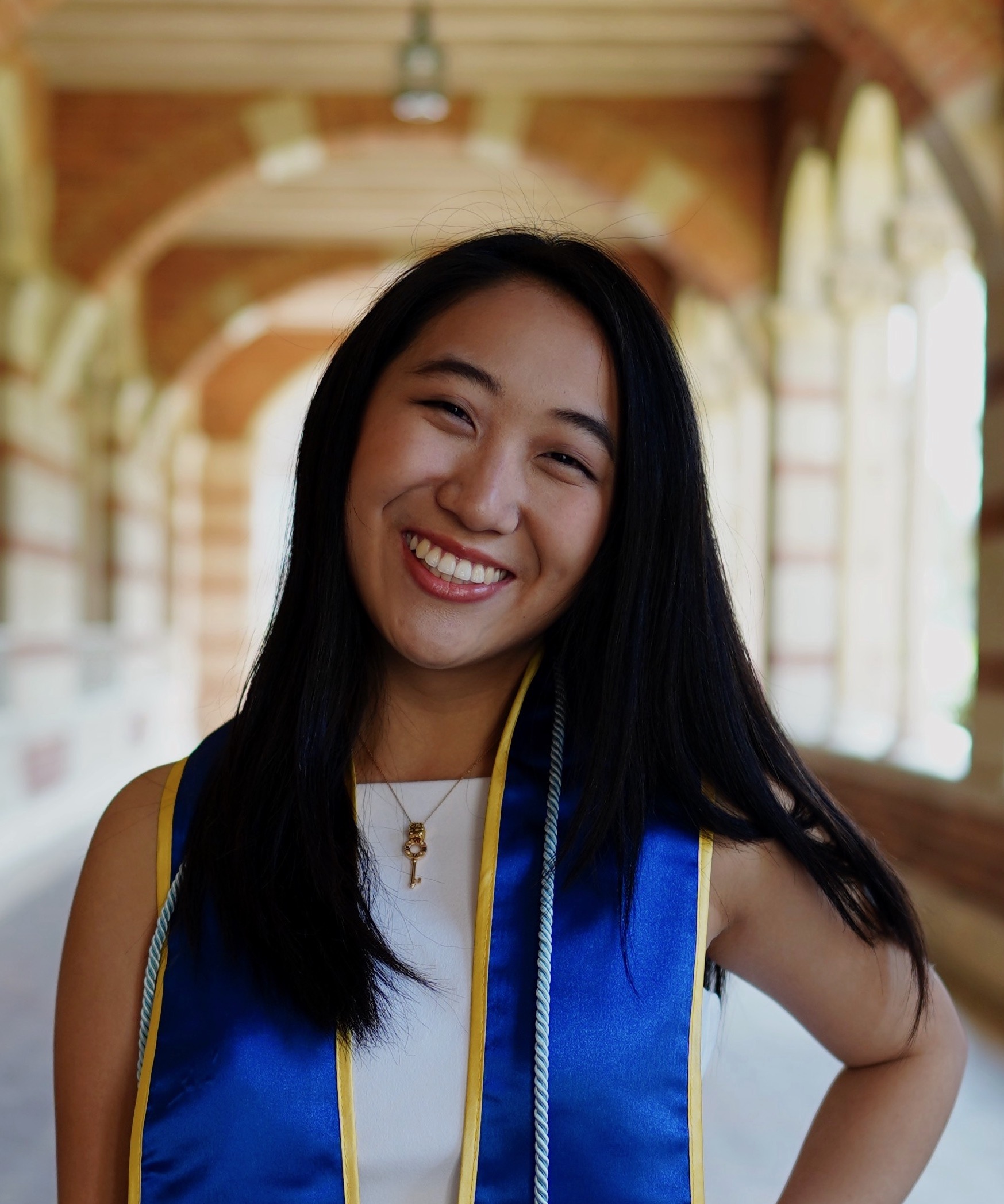Symposia
Healing / Resilience
2 - (SYM 45) The Impact of Anti-asian Racism on Asian Americans, Native Hawaiians, and Pacific Islanders During the COVID-19 Pandemic: A Mixed Methods Study
- SY
Stephanie H. Yu, Ph.D. (she/her/hers)
Doctoral Candidate
University of California, San Francisco
Chicago, Illinois, United States .jpg)
Wendy Chu, M.A. (she/her/hers)
PhD Student
University of South Carolina
San Francisco, California, United States
Andrea Ng, M.A. (she/her/hers)
Graduate Student
University of Hawai’i at Manoa
Honolulu, Hawaii, United States- YB
Y. Vivian Byeon, MA (she/her/hers)
Clinical Psychology PhD Candidate
University of California, Los Angeles
Los Angeles, California, United States .jpg)
Belinda Chen, M.A.
Clinical Psychology PhD Student
University of California, Los Angeles
Los Angeles, California, United States
Julie Nguyen, B.S. (she/her/hers)
Doctoral Student
University of South Carolina
Columbia, South Carolina, United States
Speaker(s)
Co-author(s)
Systemic and interpersonal racism against Asian Americans, Native Hawaiians, and Pacific Islanders (AANHPIs) is well-documented and has been linked to a multitude of negative well-being outcomes. Sociopolitical climate related to the COVID-19 pandemic gave rise to escalating anti-Asian rhetoric and a wave of increased overt anti-Asian racism. The present study aimed to understand the impact of anti-Asian hate and racism on AANHPIs through a mixed methods approach, informed by the Radical Healing Framework. AANHPI adults (n = 459) provided open-ended responses on how their lives have been impacted by anti-Asian racism since the COVID-19 pandemic and completed survey measures assessing constructs related to radical healing and racial trauma. We employed a mixed methods triangulation design with data transformation. Themes were first identified from qualitative responses using reflexive thematic analysis and then “quantitized.” We then conducted a series of logistic and linear regression models to examine sociodemographic factors and survey measures related to radical healing and racial trauma, associated with each theme. We identified seven themes: Personal experiences of racism; Vicarious experiences of racism; No difference or impact; Emotional, behavioral, and cognitive racial trauma reactions; Protected due to ethnicity; Protected due to environment/circumstance; and Individual and collective radical hope and healing. Older age was associated with lower odds of Personal experiences of racism (OR = 0.96, SE = 0.02, p = .03), but higher odds of Emotional, behavioral, and racial trauma reactions (OR = 1.03, SE = 0.01, p = .04). Compared to cisgender men, gender-expansive individuals had higher odds of Individual and collective radical hope and healing (OR = 5.50, SE = 0.80, p = .03). Personal experiences of racism were related to critical action (β = 0.10, SE = 0.13, p = .03) and racial trauma symptoms (β = 0.15, SE = 6.77, p = .004), while Vicarious experiences of racism were related to critical motivation (β = 0.10, SE = 0.09, p = .04). Findings suggest that the impact of anti-Asian racism on AANHPIs during the COVID-19 pandemic was varied, nuanced, complex. To the extent that racial trauma was experienced on a collective level, individuals may have also been pulled towards collective and community-level healing through sociopolitical, cultural, and community engagement. There is a need to translate community-led knowledge into community-based programs and interventions across systems to support communities in healing from racial trauma.

.png)
